Scholars 2013-14
|
Members |
||||
|
Nikhil Anand
|
Nikhil Anand’s research focuses on the politics and ecology of urban infrastructures, and the social and material relations these entail. His IAS project explores how settlers and other margin- alized residents overcome the structural exclusions of limited liberal government to claim water in Mumbai. Through an ethnographic account of city water pipes, the project participates in ongoing conversations about “planetary urbanization,” biopolitics, and the unstable futures of public infrastructure. |
 |
||
|
|
||||
|
Cristina Beltrán |
Cristina Beltrán is writing a book-length study of U.S. Latino conservative thought. Drawing on classic and contemporary political theory, affect theory, and work on party politics, aesthetics, and representation, this research explores how conservative leaders and organizations attract Latino voters through emotive and aesthetic appeals that resonate with voters’ desires and ambitions while sometimes eclipsing questions of ideology and policy preference. |
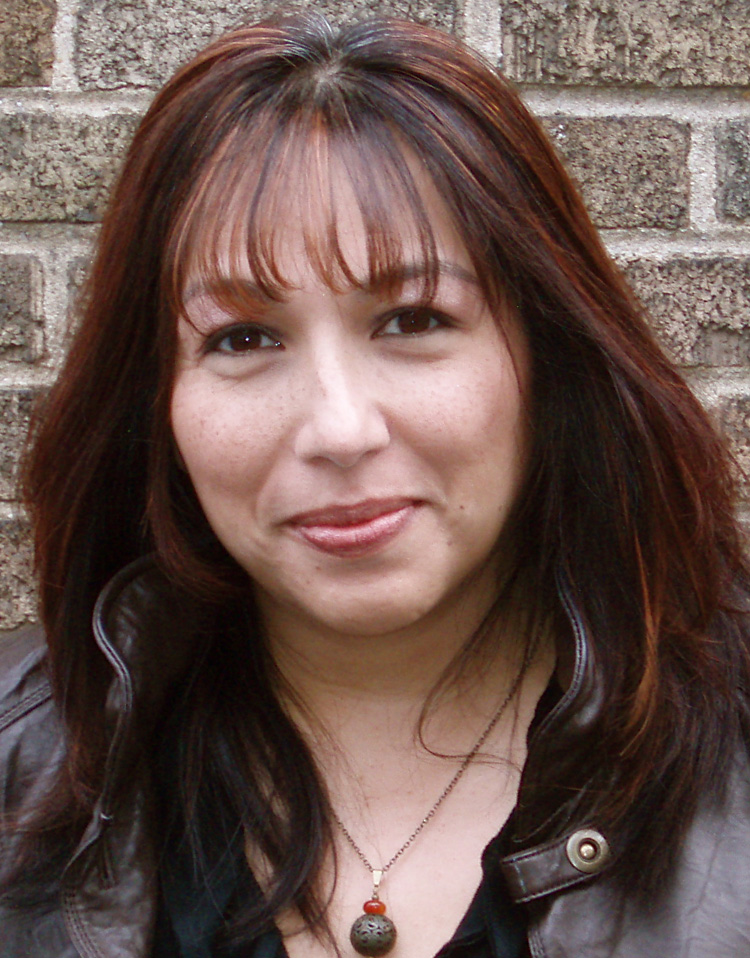 |
||
|
|
||||
|
Elizabeth Popp Berman |
Elizabeth Popp Berman studies how expert knowledge is produced and used, and how we think about markets and the economy. Her current book examines how the intellectual tools of economics shaped U.S. public policy in three domains—science, antitrust, and antipoverty policy—from 1960 to 1985. |
 |
||
|
|
||||
|
Brandice Canes-Wrone |
My research areas encompass domestic politics and political economy. At IAS, my major project will investigate the relationship between political uncertainty and economic outcomes. A second project will analyze the effects of judicial selection procedures on court rulings, and a third the impact of campaign finance pro- cedures on elite-level polarization. |
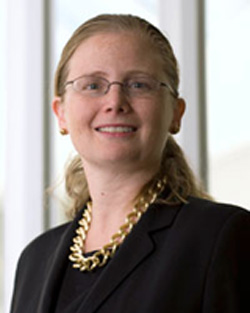 |
||
|
|
|
|||
|
Yvonne Chiu
|
Yvonne Chiu works on just war theory & military ethics, international justice & law, and the history of modern political thought. She is currently studying cooperation in modern warfare. Although war is often perceived as the epitome of conflict, this project argues that modern warfare is a cooperative enterprise, during fighting and in its use as a tool for conflict resolution. It explores the history, development, and contemporary nature of that cooperation, which is especially important for militaries increasingly confronted by non-cooperative forms of warfare. |
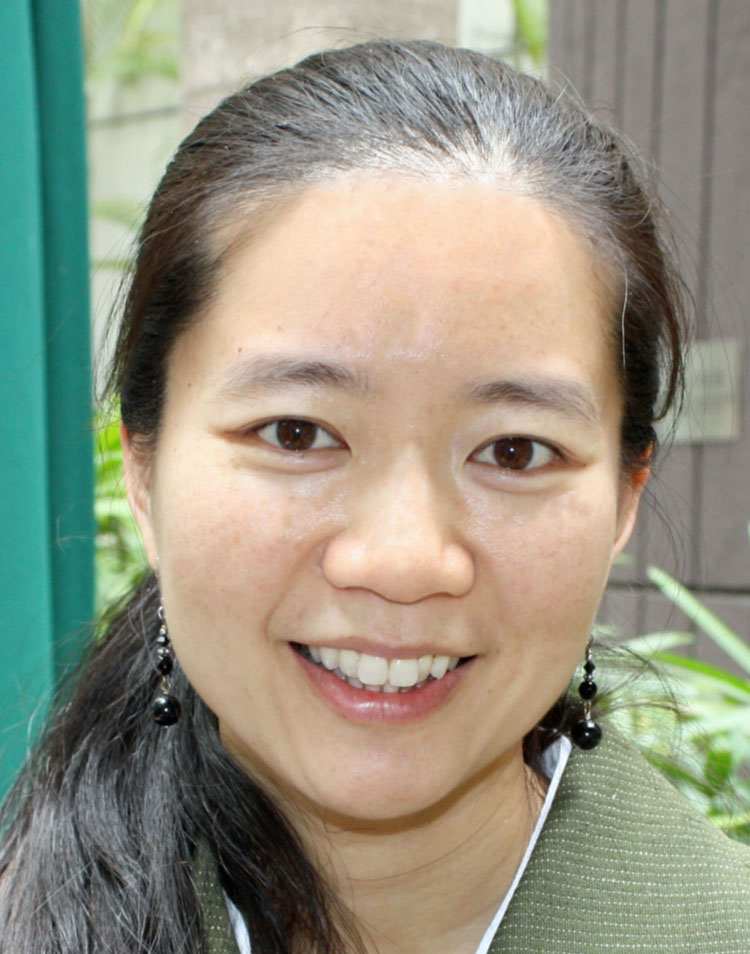 |
||
|
|
||||
|
Nitsan Chorev |
Nitsan Chorev is the author of Remaking U.S. Trade Policy: From Protectionism to Globalization (2007) and of The World Health Organization between North and South (2012). Her current project looks at the pharmaceutical markets in Kenya, Tanzania, and Uganda to explore the conditions for social development and economic growth.
|
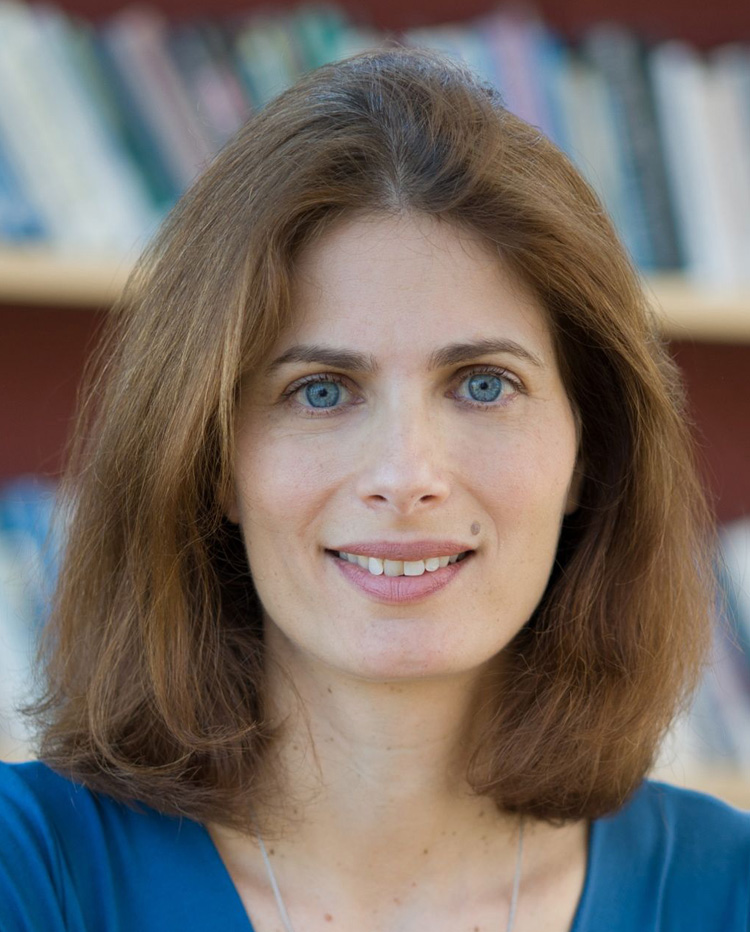 |
||
|
|
|
|||
|
Elizabeth Anne Davis |
My project concerns secrecy, transparency, and statecraft in Cyprus following its division into Greek-Cypriot and Turkish-Cypriot regions in 1974. I focus on three domains of knowledge production where suspicions about the violent events of the 1960s-70s are being transformed into evidence today: forensic science, conspiracy theory, and documentary film. I examine the different conceptions of transparency to which these forms of knowledge are tied, and how they fit into wide-ranging efforts toward reunification and open, democratic society in Cyprus. |
|||
|
|
||||
|
Jeffrey Flynn |
Jeffrey Flynn works on human rights and humanitarianism. His current project on humanitarianism combines empirical and normative perspectives to analyze the historical rise of the humanitarian sentiment and organized forms of humanitarianism in the modern West in conjunction with critical reflection on contemporary responses to distant suffering.
|
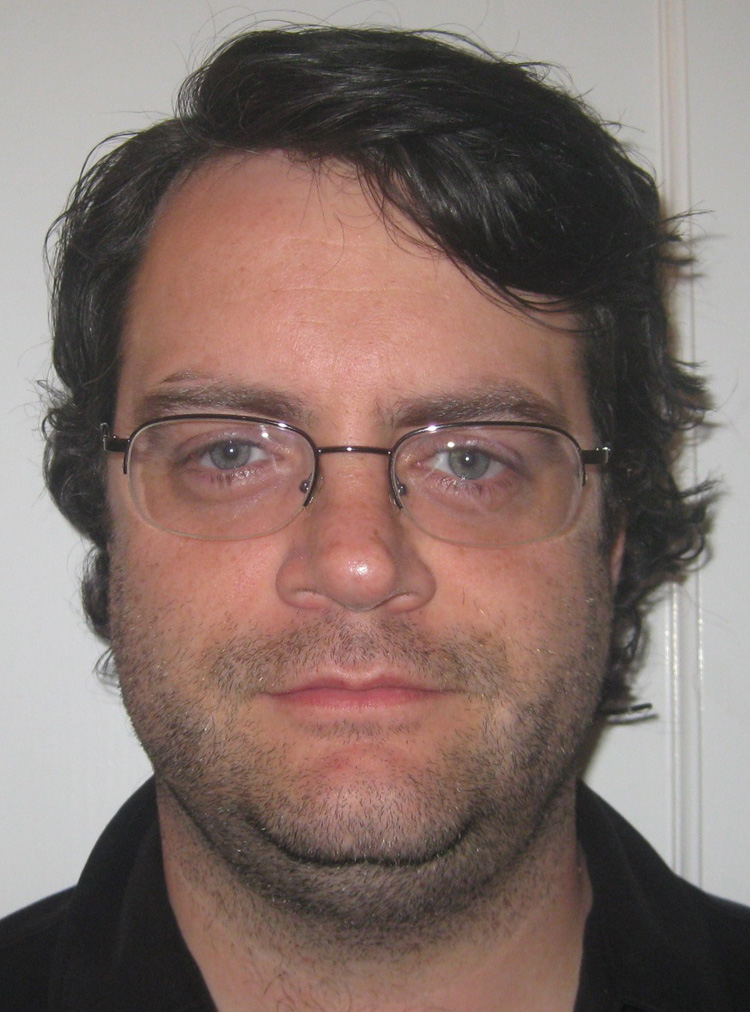 |
||
|
David I. Grazian |
David Grazian is a cultural sociologist and urban ethnographer who studies landscapes of entertainment and popular culture in cities. Drawing on four years of fieldwork, he is completing a book manuscript that examines the contradictions that have come to define the social world of the contemporary American metropolitan zoo. |
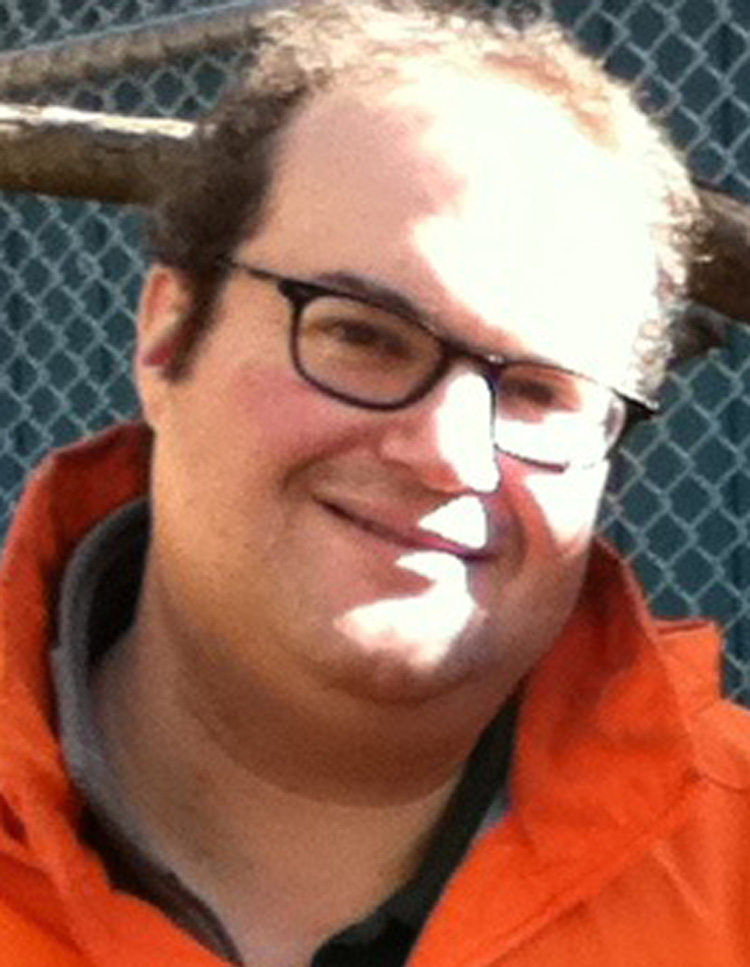 |
||
|
|
||||
|
Mark Greif |
Mark Greif is researching the rhetoric of radical reform and moral appeal in the United States and Western Europe from the late nineteenth century to the early twenty-first century, as reformers developed languages to connect non-human objects to new conceptions of the human subject.
|
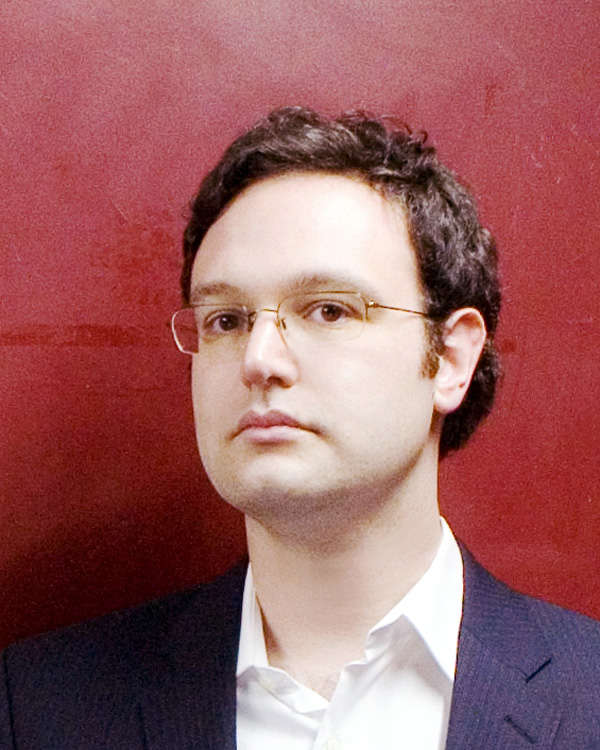 |
||
|
|
||||
|
Wendy Griswold |
I am proposing to spend the 2013-2014 academic year writing the third volume of a trilogy on literature and American cultural regionalism. “Regionalism” denotes distinctive, place-based cultural forms at any level. Regionalism flourishes in spite of predictions of its demise in the face of advancing cultural homogeneity. My empirical research, which extends from the nineteenth century to the present, supports the thesis that literature—not just works but authors, institutions, and readers—produces the understandings and practices associated with enduring cultures of place.
|
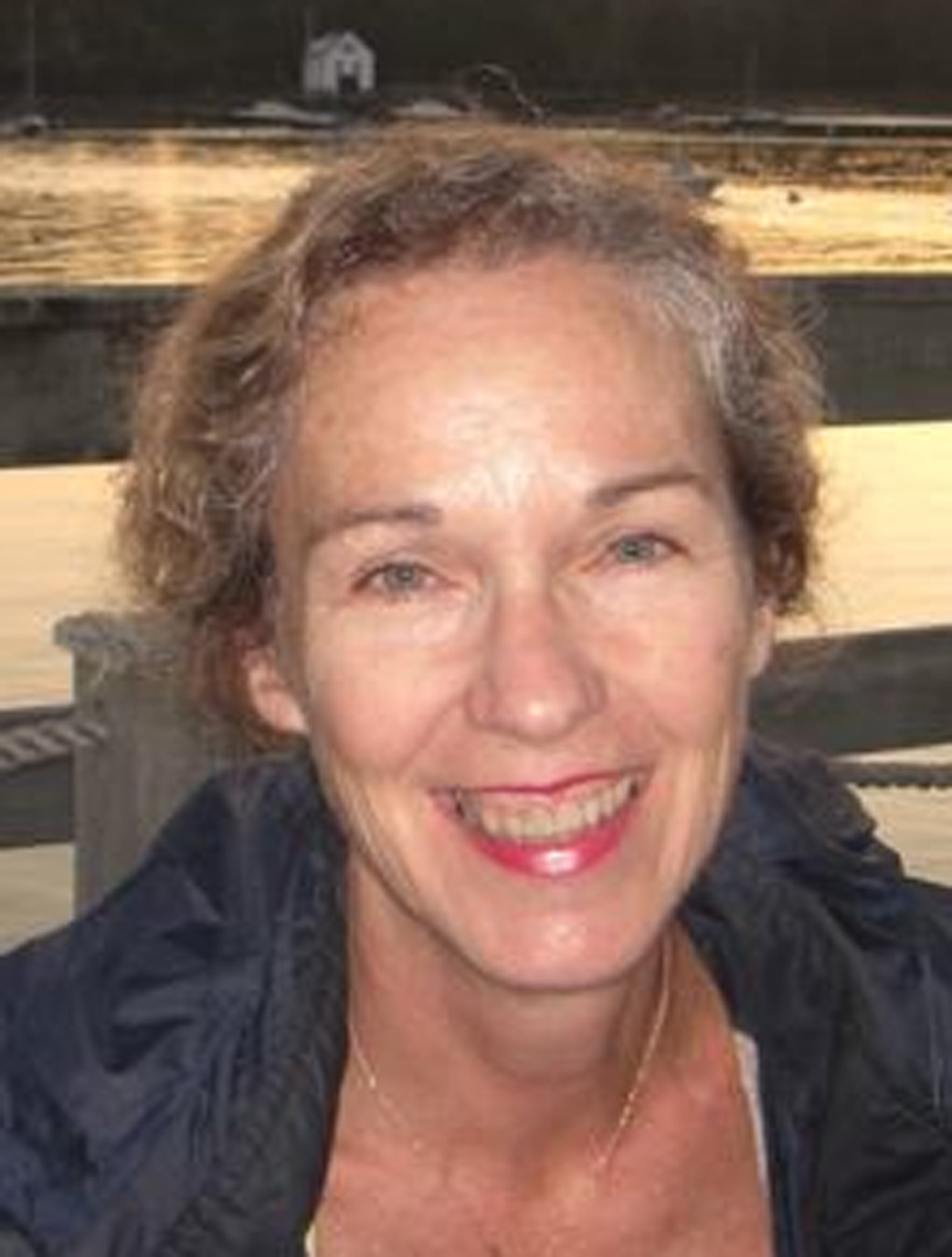 |
||
|
|
|
|||
|
Joseph D. Hankins |
My research unpacks labor as an exchange point shaping human/human and human/non-human relations. My first project examines the politics of stigmatized forms of labor in Japan, e.g., leather and meat production. My second project explores labor-based projects to "reclaim life" from a capitalism under- stood as environmentally and ethically corrosive. |
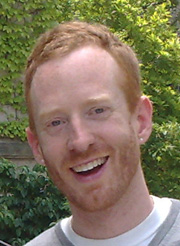 |
||
|
|
||||
|
Dale Jamieson |
In my research at the Institute I analyze why we have failed to successfully address the problems of climate change, say what we should learn from our mistakes, and propose ways of living with the consequences. |
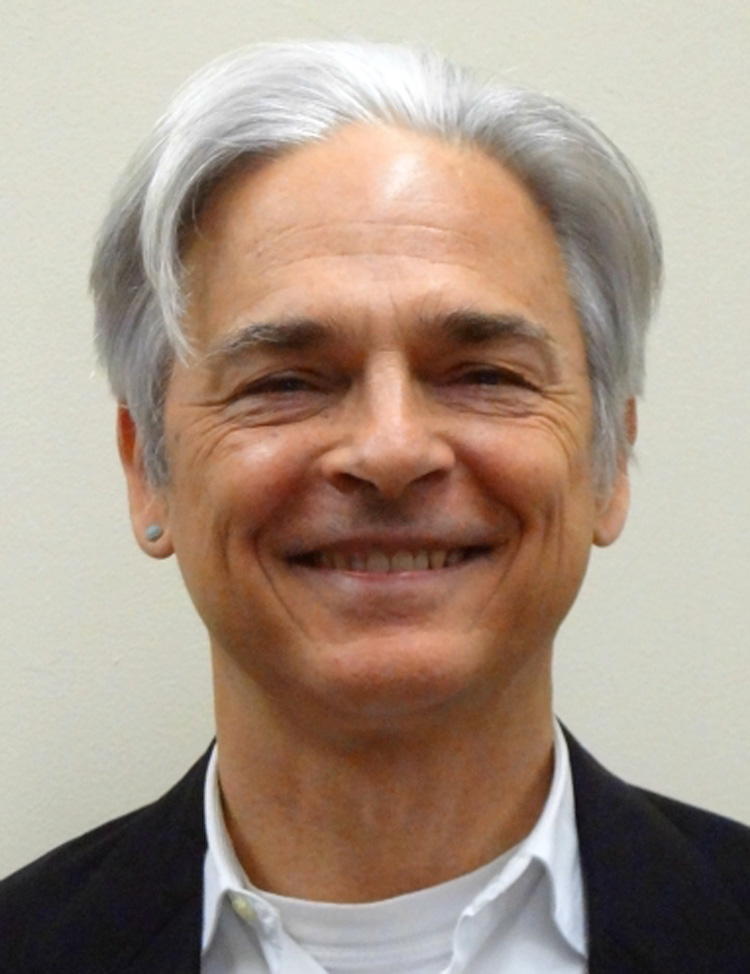 |
||
|
|
||||
|
Joseph P. Masco |
How can we reconceive “security” in an age of planetary ecological crisis? Engineered Worlds considers how the cumulative impacts of industry on the global biosphere challenge longstanding conceptualizations of nature, modernity, and progress. Attending to new forms of local and global environ-mental threat, this research calls for a post-national form of security. |
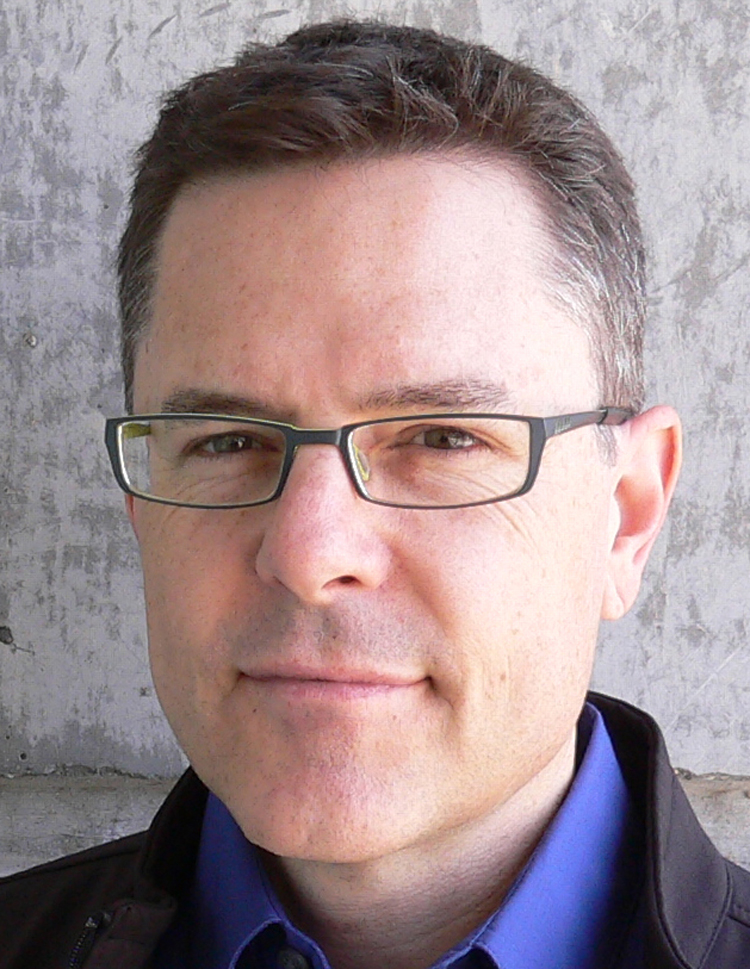 |
||
|
|
||||
|
Ann McGrath |
Lady Mungo lived in Australia approximately 50,000 years ago. This project explores her history in two time-zones and across a landscape of global connection. After her "discovery" in 1968, relations of research, politics and kinship between scientists, pastoralists and Aboriginal custodians created a complex story promising reconceptualizations for the history discipline. |
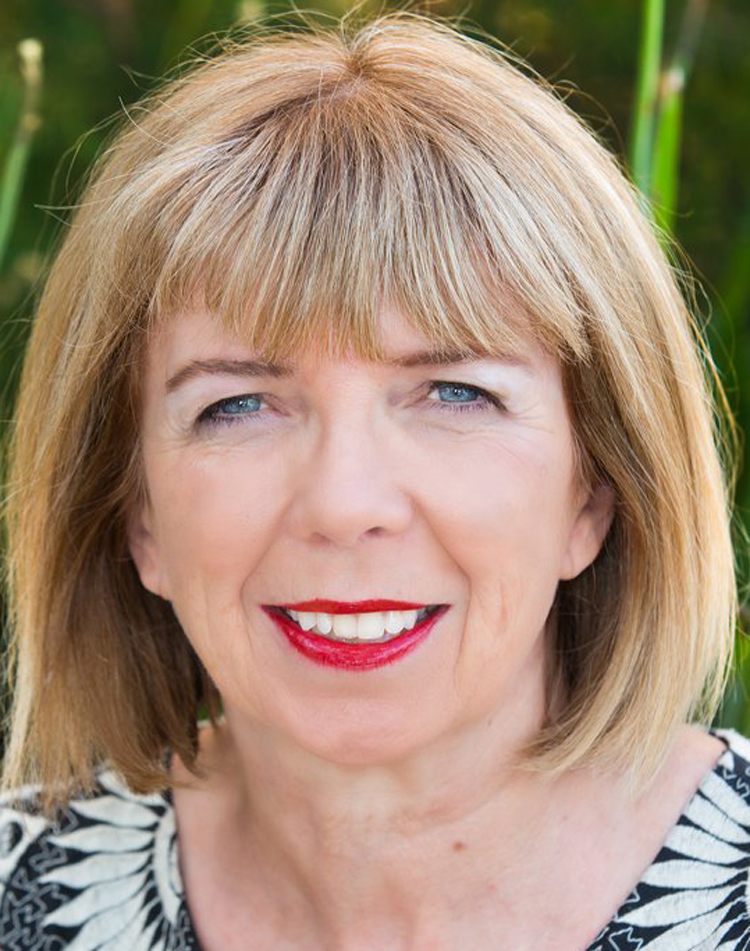 |
||
|
|
||||
|
Vanessa Ogle |
In the increasingly interconnected world of the nineteenth century, Europeans and Americans launched numerous campaigns for scientific, legal, and other standards. Among them, a group of diplomats, astronomers, and entrepreneurs sought to make time more uniform. I am completing a book that demonstrates how attempts to introduce standard time, to reform calendars, and to spread ideas about time efficiency had precisely the opposite effect: rather than achieving uniformity, campaigns to reform time led to tension, rejection, and conflict. My book seeks to revise the assumption that a more interconnected and integrated globe meant a more uniform and assimilated world in which nationalism and states no longer played a role. The book traces how Euro-American efforts reverberated in the Middle East, South Asia, and Africa, and demonstrates how imposing universal norms like uniform time in societies that lived by other standards paradoxically had the unintended consequence of creating even more difference. In conceptualizing a process that potentially encompassed nothing less than “the world,” I propose a new framework for writing global and transnational history. |
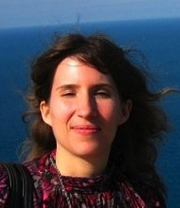 |
||
|
|
||||
|
John F. Padgett |
John Padgett has numerous empirical research articles, published in a number of disciplines, on the co-evolution of political, economic and kinship networks in Renaissance Florence from 1300 to 1500. He is the co-author of recent book, The Emergence of Organizations and Markets by Princeton University Press, which analyzes the emergence of organi-zational novelty in a wide range of historical settings: medieval Tuscany, Renaissance Florence, early-modern Amsterdam, nineteenth century Germany, communist Soviet Union and China, and contemporary Silicon Valley. He also has a third stream of research that employs agent-based modeling to investigate the co-evolution of production and communication networks from the perspective of autocatalysis.
|
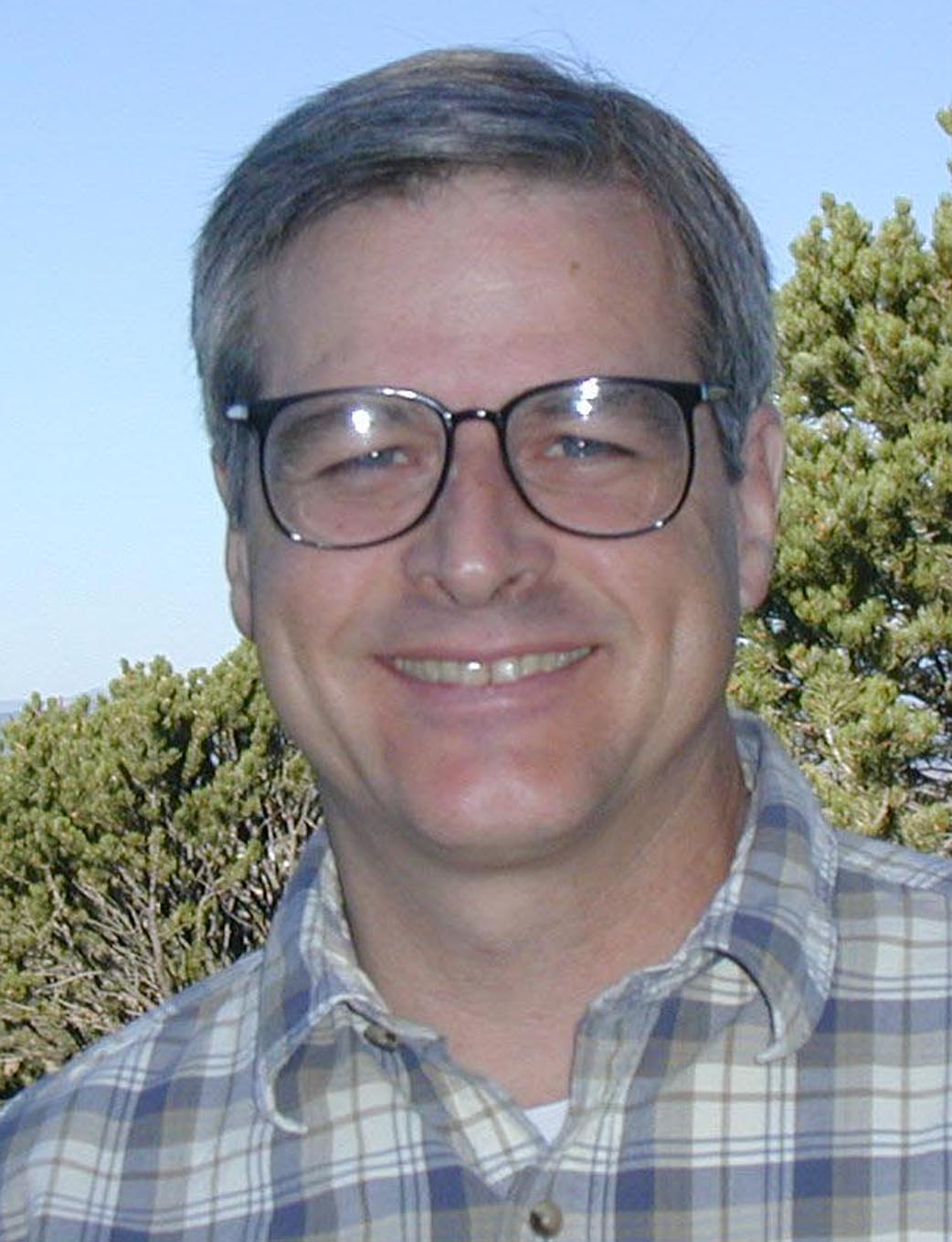 |
||
|
|
||||
|
Manuela Lavinas Picq |
This project questions common understandings of nature—how we define it and locate it outside cosmopolitanism—to defy assumptions of political modernity. Through a historical reading of the international relations of the Amazon, it explores what modernity looks like when not attached to or governed by states. |
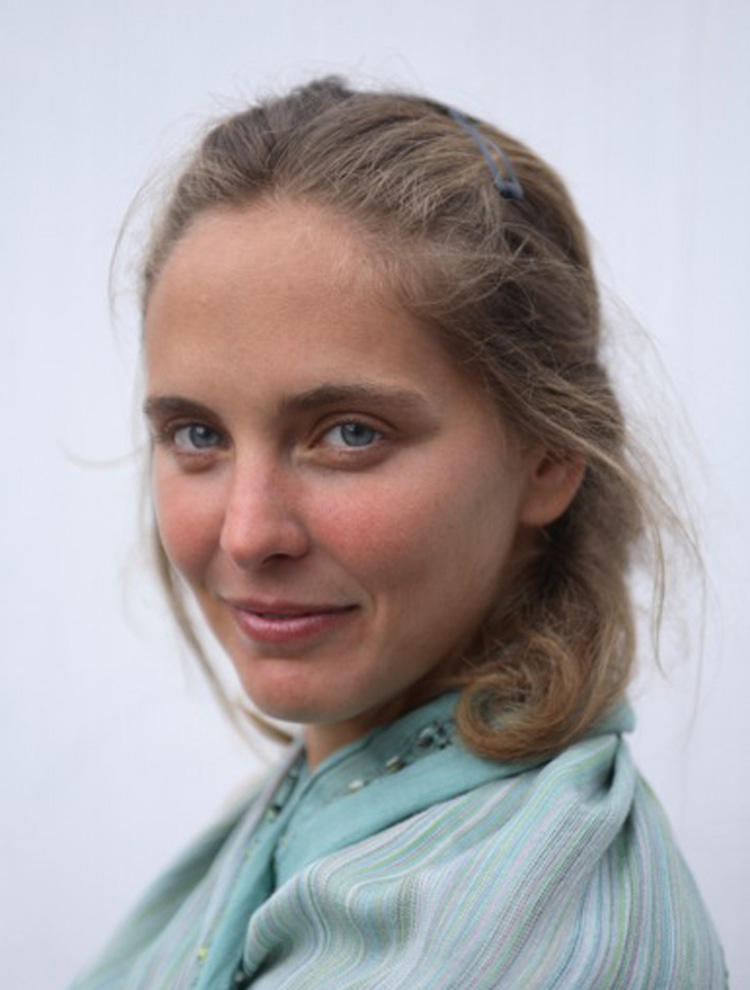 |
||
|
|
||||
|
Noah Salomon |
Noah Salomon’s research examines the project of the “Islamic state” in contemporary Sudan through exploring its interventions into four key domains: politics, aesthetics, epistemology, and subjectivity. His work depicts Islamic revival in Sudan not merely as a response to modern secular politics and modes of being, but as a node in a much longer conversation in Islamic thought, augmented and reappropriated as state projects of Islamic reform became objects of debate and controversy.
|
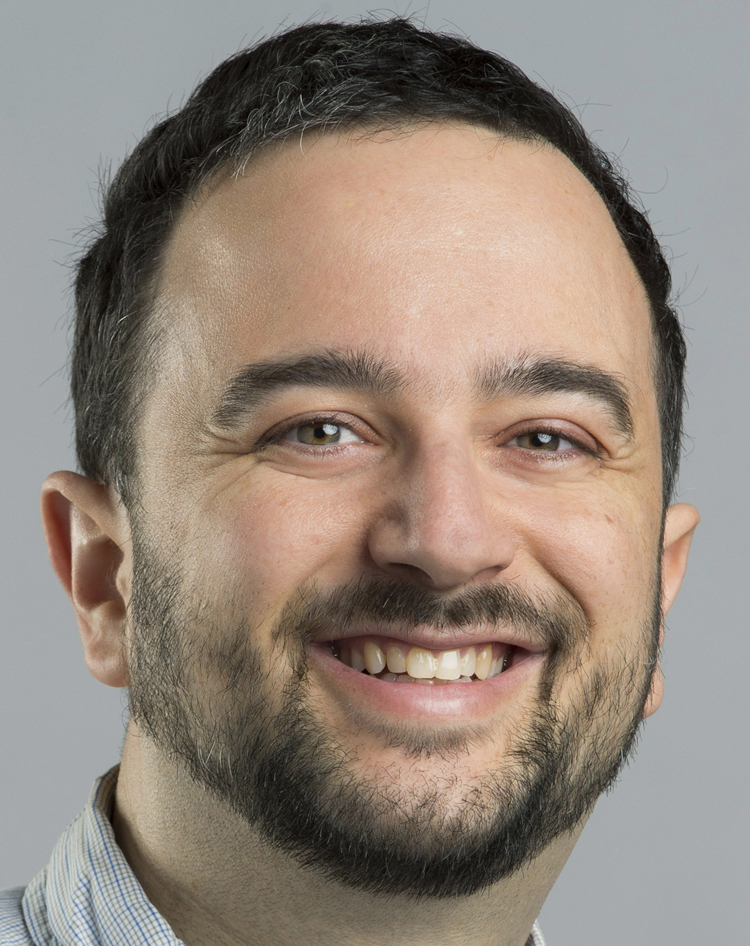 |
||
|
|
||||
|
Kim Lane Scheppele |
In 2012, Hungary enacted a new nationalist constitution that foregrounds the Holy Crown of St. Stephen, the 20th century interwar irredentist symbol. I track the debate over the Holy Crown back to its medieval sources and rework its origin story by elaborating the affective architecture of constitutions, exploring the twin ideas of abjection and awe in the construction of constitutional community. |
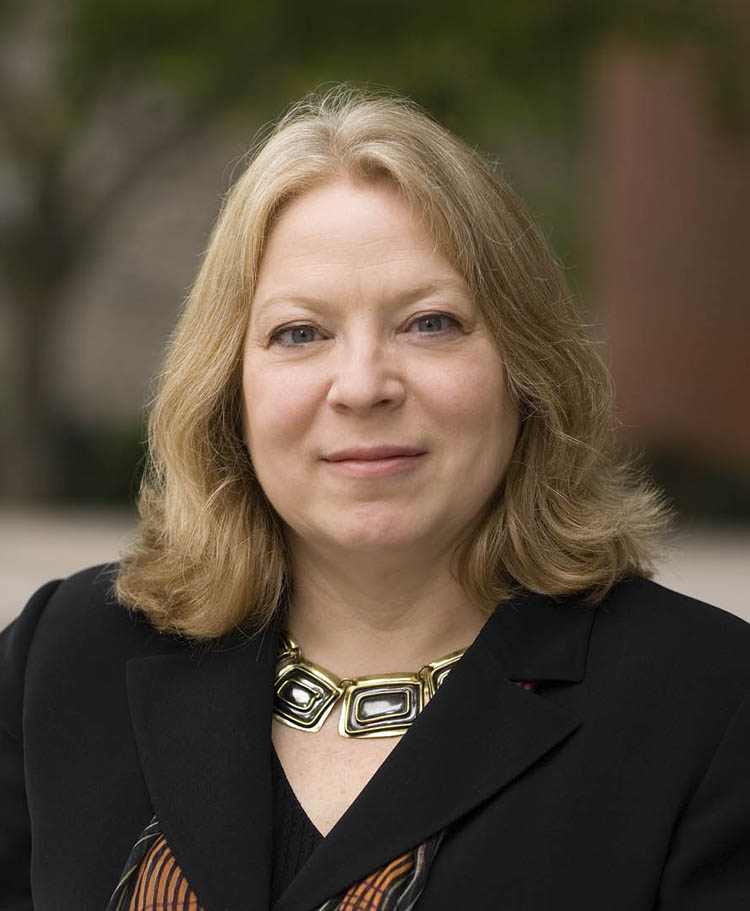 |
||
|
|
||||
|
Sverker Sörlin |
I will bring three projects, all relevant to the theme of environmental humanities but each of a different character. Two of these are ongoing book projects that I expect to finish during my stay at the IAS. The third, which I consider as my flagship project for my IAS year will be a book length study of the “future history” of environmental humanities per se. “Rethinking the Future History of Humanity: A Guide to the Environmental Humanities” will make a decisive start on a book on the environmental humanities themselves. The chapters will cover themes and issues related to the last 200 years, indeed the so-called Anthropocene, and issues of re-temporalization and inventing new pasts and futures in the face of climate change and global change will be central to the project. |
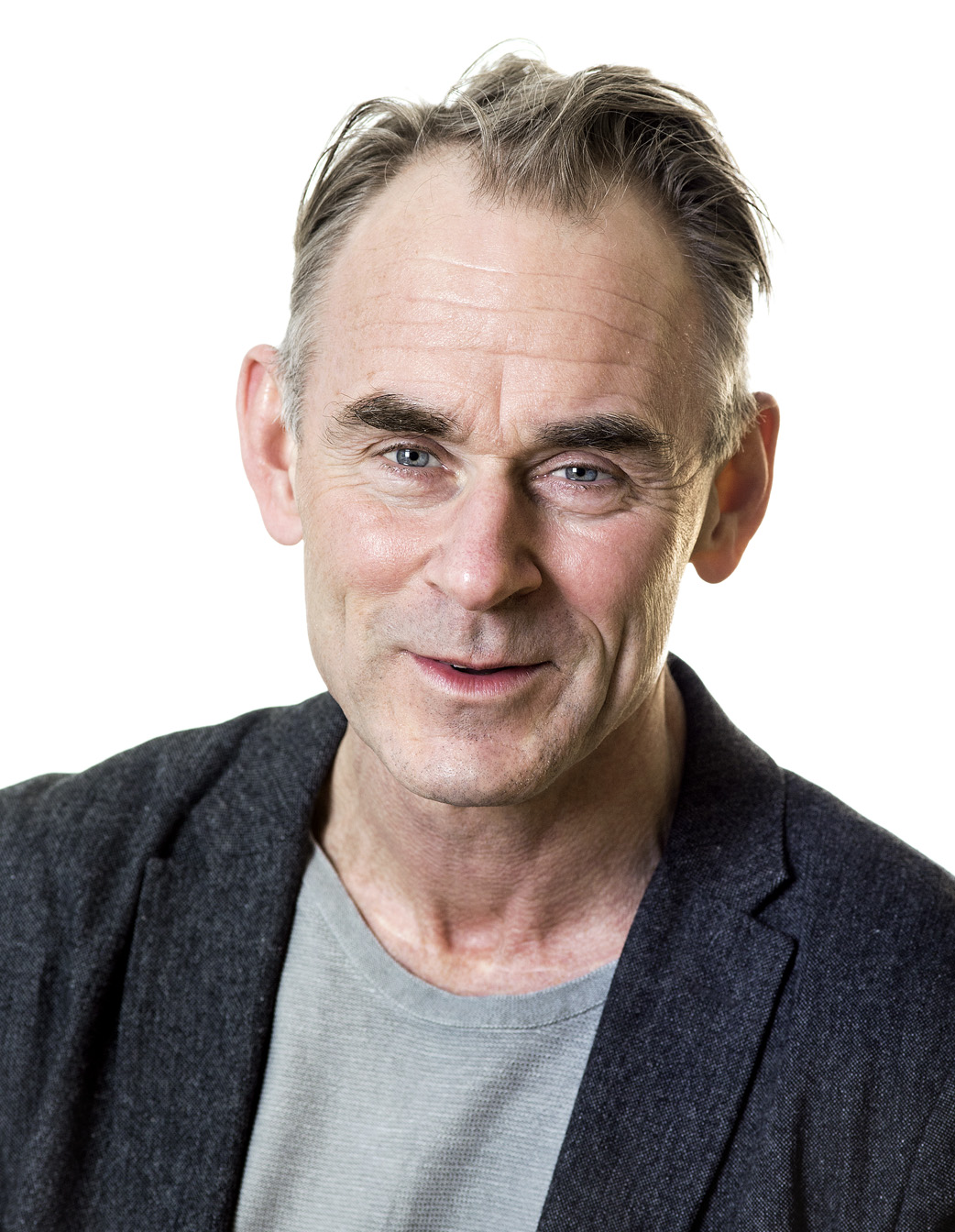 |
||
|
|
||||
|
Ellen Stroud |
Ellen Stroud's research focuses on unexpected connections between social processes and both built and natural environments. Her current book project, an environmental history of the modern American corpse, examines the role of dead human bodies in the shaping of twentieth-century American landscapes.
|
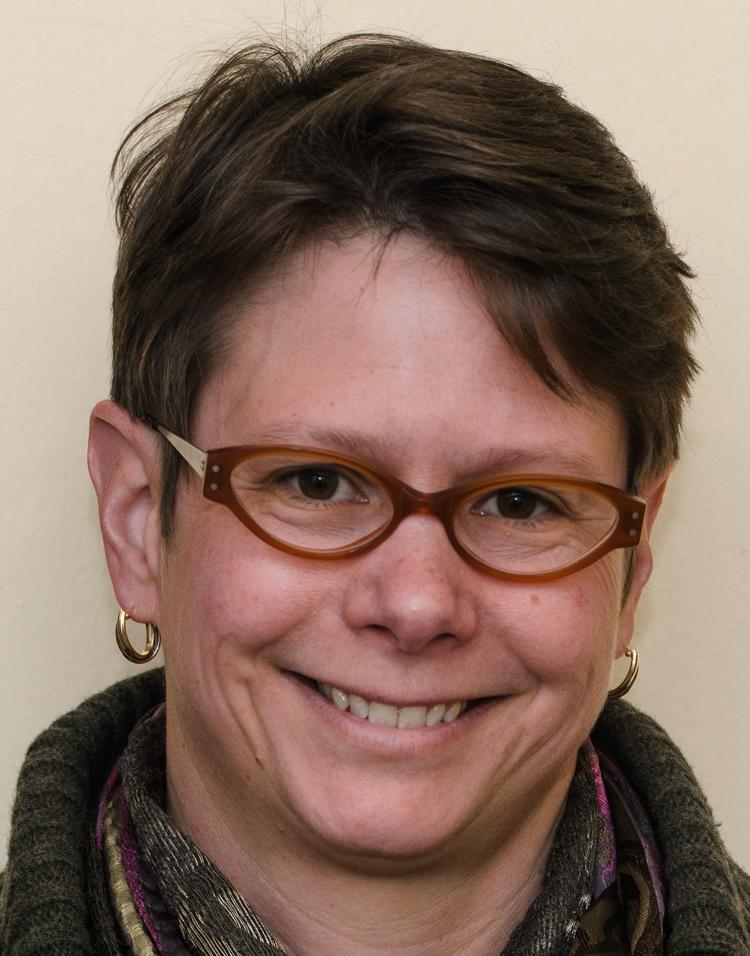 |
||
|
Henning Trüper |
My research revisits European Orientalism as philology. I explore the fragmentation of the ontological commitments of philology, as regarding its objects of research (natural languages, grammars, texts, scripts, histories, antiquities). This perspective entails abandoning the unity of Orientalism, but opens novel ways of understanding its role for European modernity.
|
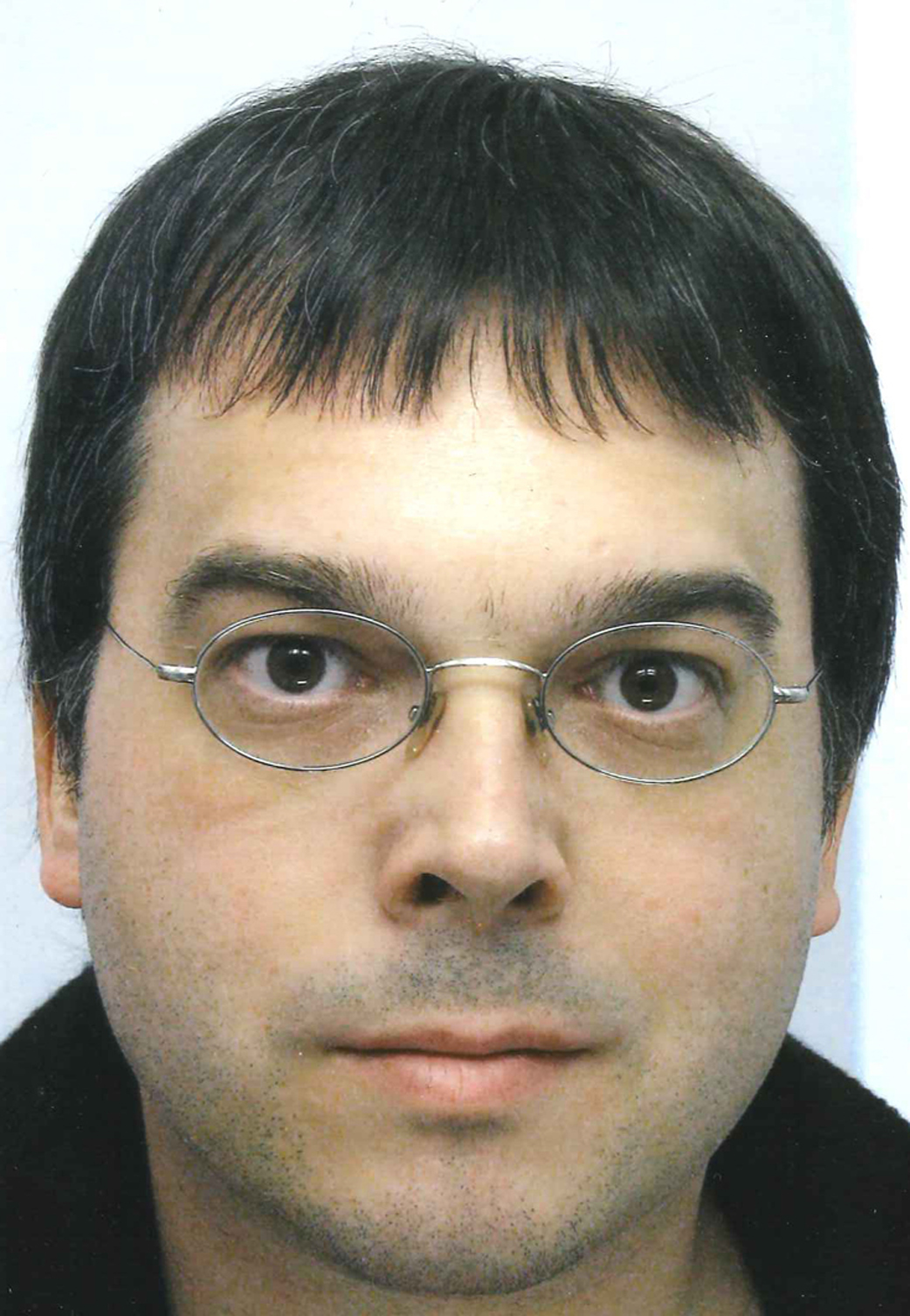 |
||
|
|
||||
|
Richard York
|
My research examines how structural characteristics of societies (e.g., demographic, economic, and technological factors) influ- ence the quantity and types of energy use. I’m interested in the extent to which the development of non-fossil fuel energy sources displaces fossil fuels and how this differs across nations.
|
 |
||
|
|
||||
|
Milton Cameron |
I am researching ways in which modern architects and architectural historians sought to associate themselves with Albert Einstein to gain intellectual credibility for their own work, or attempted to use aspects of Einstein’s theories as metaphors for their own thought processes or as catalysts for paradigm shift within architectural design.
|
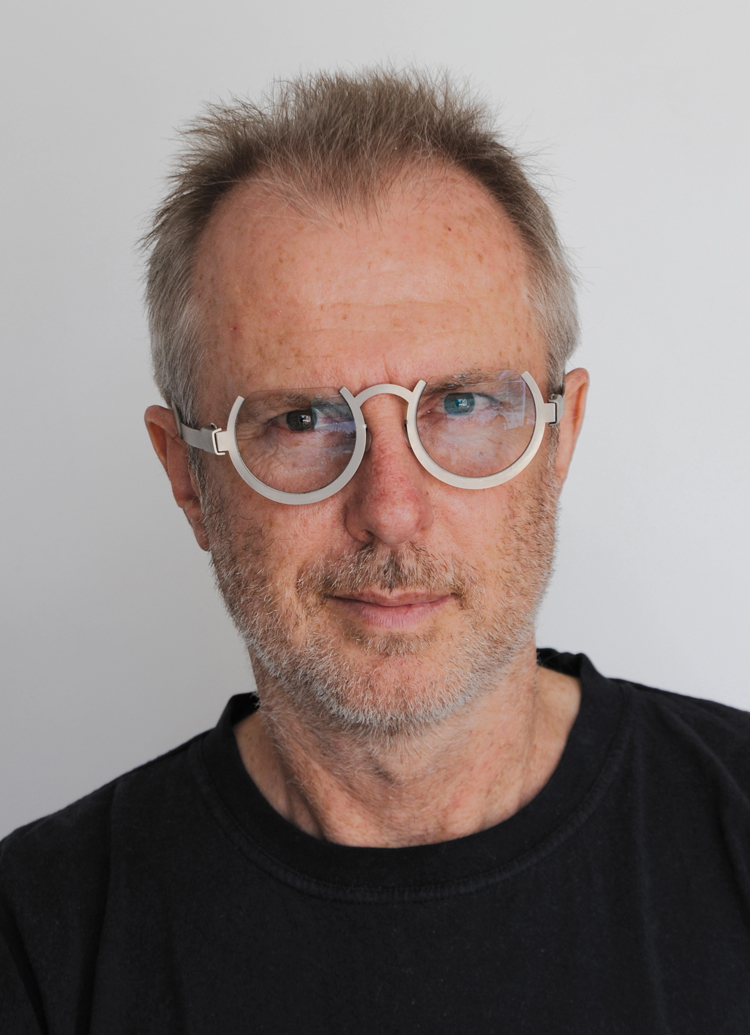 |
||
|
|
||||
|
Filippo Cesarano |
Filippo Cesarano explores the main forces driving the evolution of monetary arrangements. The quantum leap in information technology triggered a wave of innovation in money and finance that raised a variety of issues, both theoretical and institutional, as yet largely unanswered. |
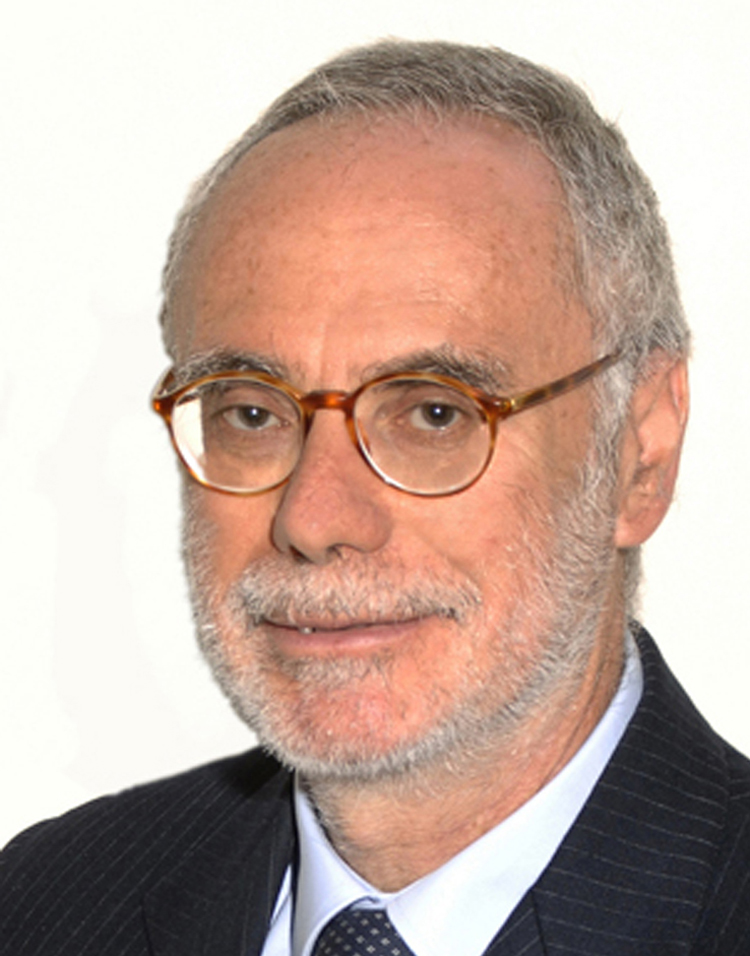 |
||
|
Omar Dewachi |
My research interrogates the tensions between the necropolitics of war and the biopolitics of statehood in post-US invasion Iraq. I explore the rise and fall of state-sponsored medicine and its role in the formation, governing, and transformation of state and citizenship under historical conditions of post-colonialism and contemporary neoliberal warfare. |
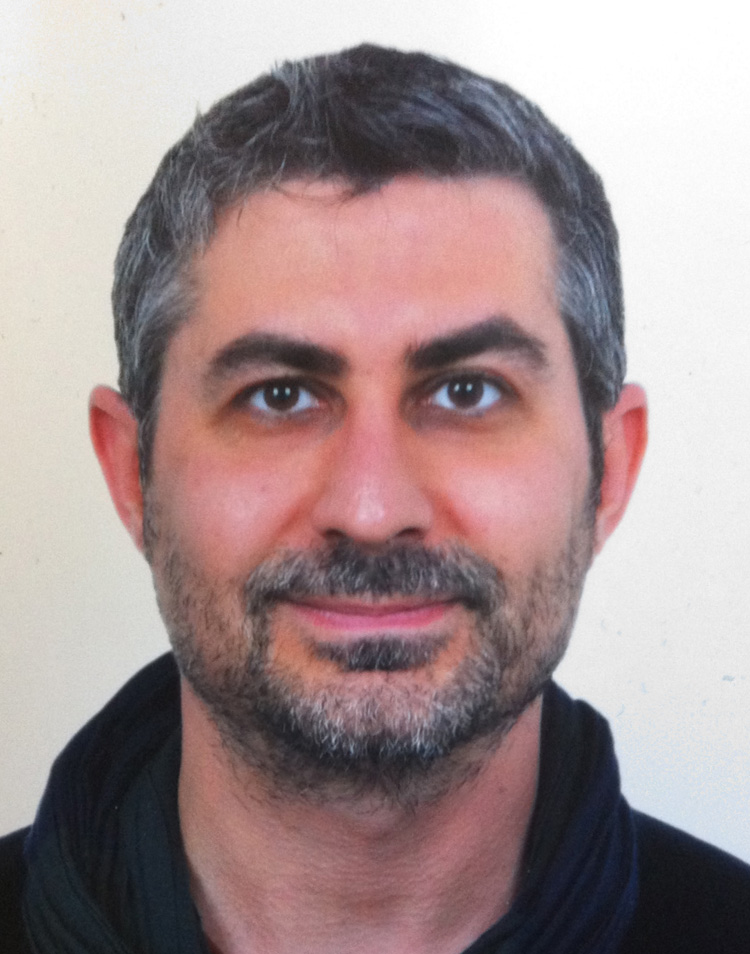 |
||
|
Pinar Doğan |
Pinar Doğan’s research interests include economics of networks, regulation, and competition policy with an emphasis on the telecommunications industry. Her recent research focuses on the impact of access policies on investment and social welfare. |
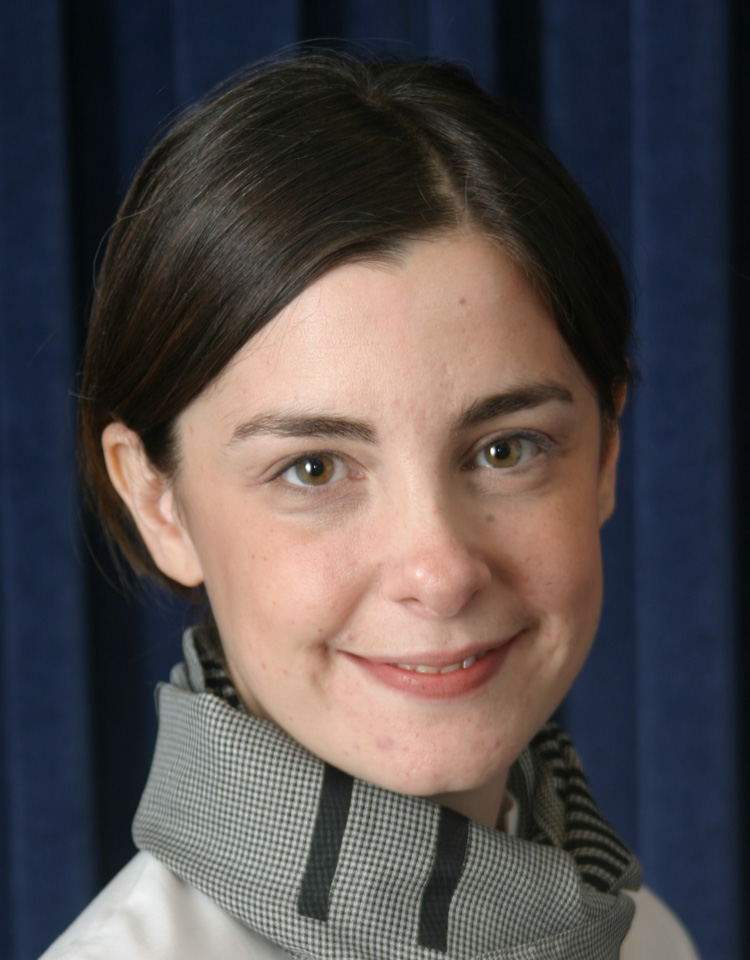 |
||
|
James Doyle |
Plato's Gorgias Professor Doyle will be working on a book on Plato's Gorgias. This will give an analysis of the main arguments of the dialogue, and an account of the use to which Plato puts the dialogue form, as leveling an implicit critique of Socrates' conception of philo-sophical method and his associated doctrine of "intellectualism." |
 |
||
|
Dagmar Herzog
|
Although psychoanalysis is often taken to be ahistorical in its view of human nature, my contention is the opposite. Situated at the intersections of psychoanalysis and the social sciences, With History in Mind concerns the uneasy encounters of Freudian theories about aggression, trauma, desire, fear, and pleasure–and the very nature of the human self and its motivations–with the calamitous events of World War II and beyond. |
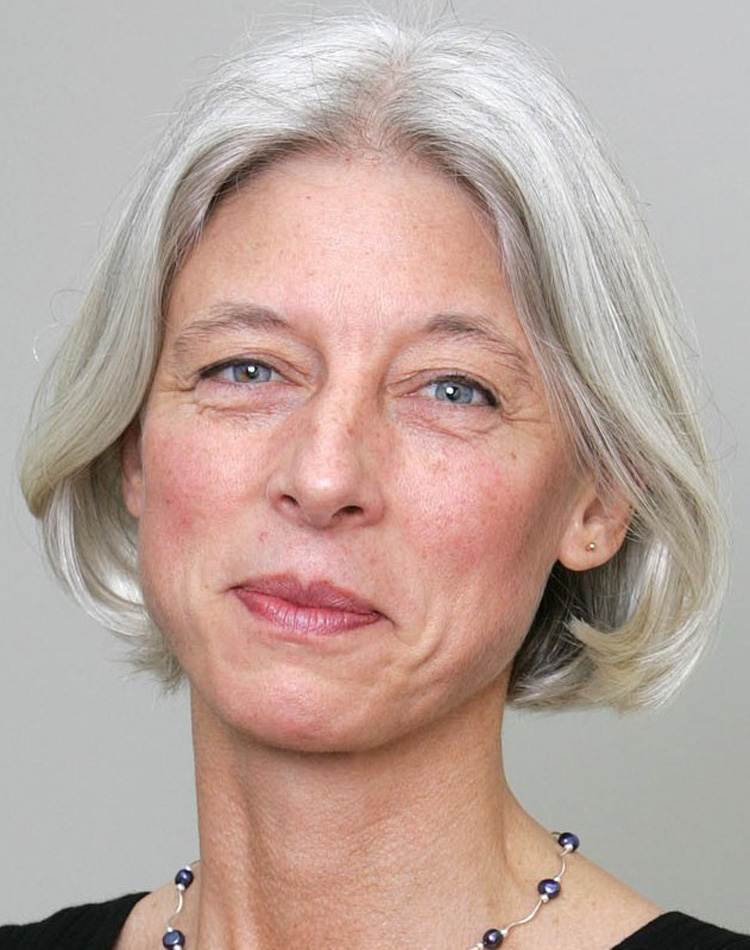 |
||
|
|
|
|||
|
Gabrielle Benette Jackson |
My research concerns the areas of overlap among philosophy of mind, cognitive science, and phenomenology. I am grappling with such questions as what do pathologies of movement reveal about normal human action, how do skillful actions structure perceptual space, and how might bodily habits shape gender norms.
|
 |
||
|
Ramah McKay |
Ramah McKay’s current project explores how contemporary experiences of transnational medical assistance in Mozambique have given rise to a unique form of medical governance, one in which the presence of multiple institutions, actors, and epistemologies of health are an everyday part of health policy and care.
|
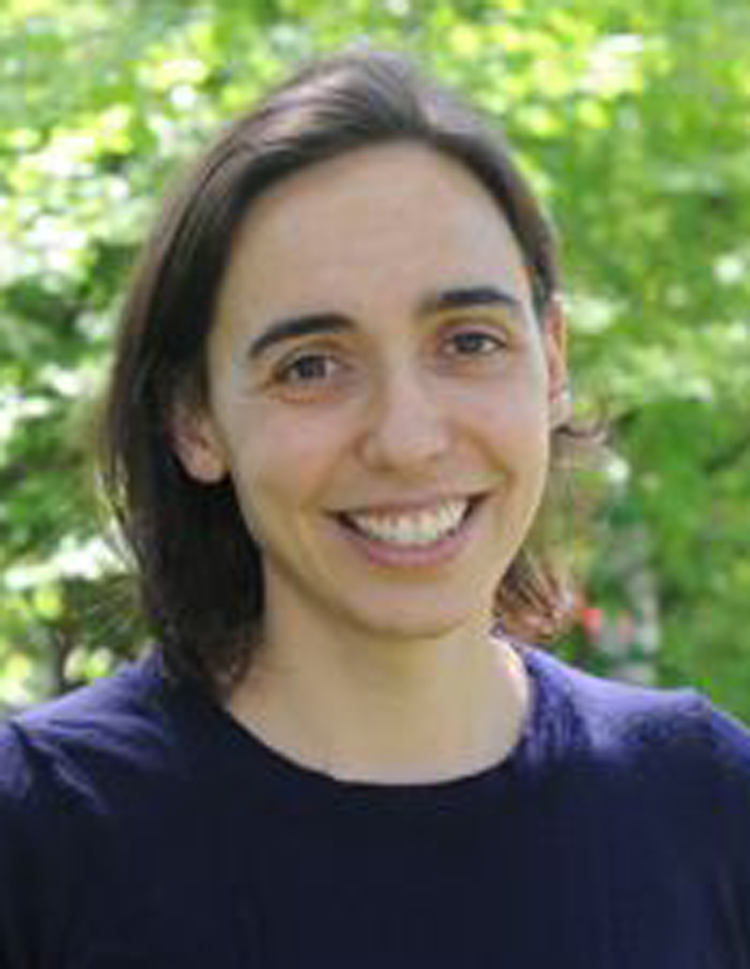 |
||
|
|
||||
|
Joanna Tokarska-Bakir |
Joanna Tokarska-Bakir, professor at the Institute of Slavic Studies of the Polish Academy of Sciences Since 2005 she directs the Ethnographic Archive team collecting oral history on Shoah in Polish hinterlands; she specializes in the anthropology of blood libel and anti-Jewish violence; holder of the Marie Curie Gerda Henkel Fellowship (2013-2015) at IAS; she is currently working on a project on post-war pogroms in Eastern Europe. |
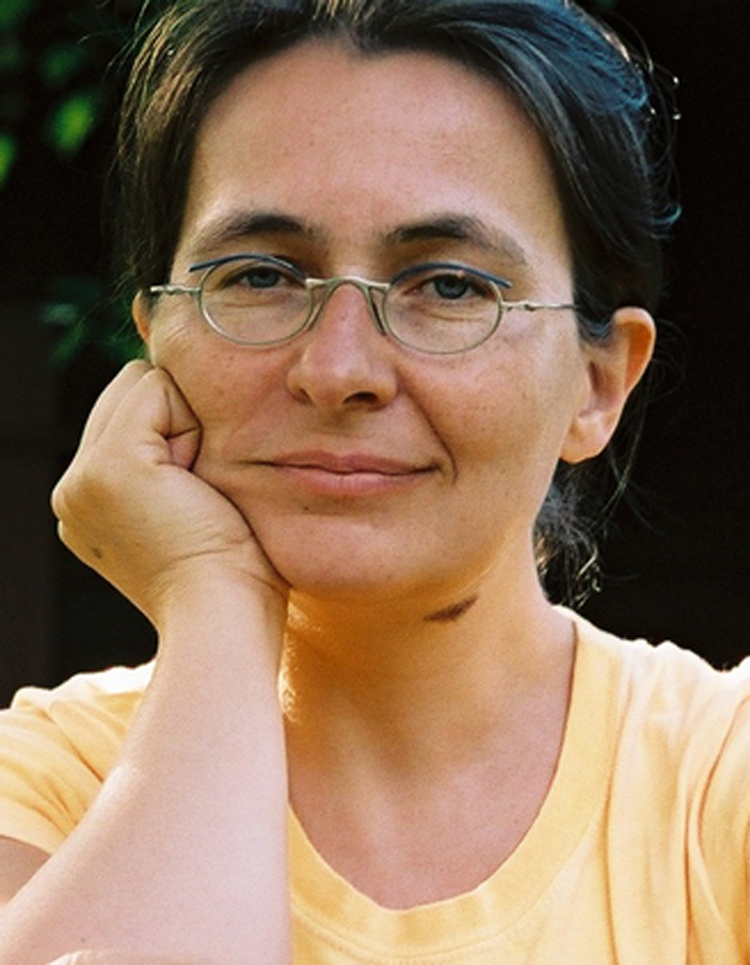 |
||
|
|